Post-apocalyptic fiction was all but invented in The Last Man in 1826, one of author Mary Shelley's less popular works — for context, she had written Frankenstein six years before. The genre stayed dormant, however, until sci-fi icons like H.G. Wells and Arthur C. Clarke made it a popular style.
Now, post-apocalyptic stories are told through innumerable forms of media, such as movies, video games, television shows, anime, comic books, and so on. The list given here, however, contains a few cinematic examples of this genre that are not as famous as they deserve to be.
10 Cargo (2017)
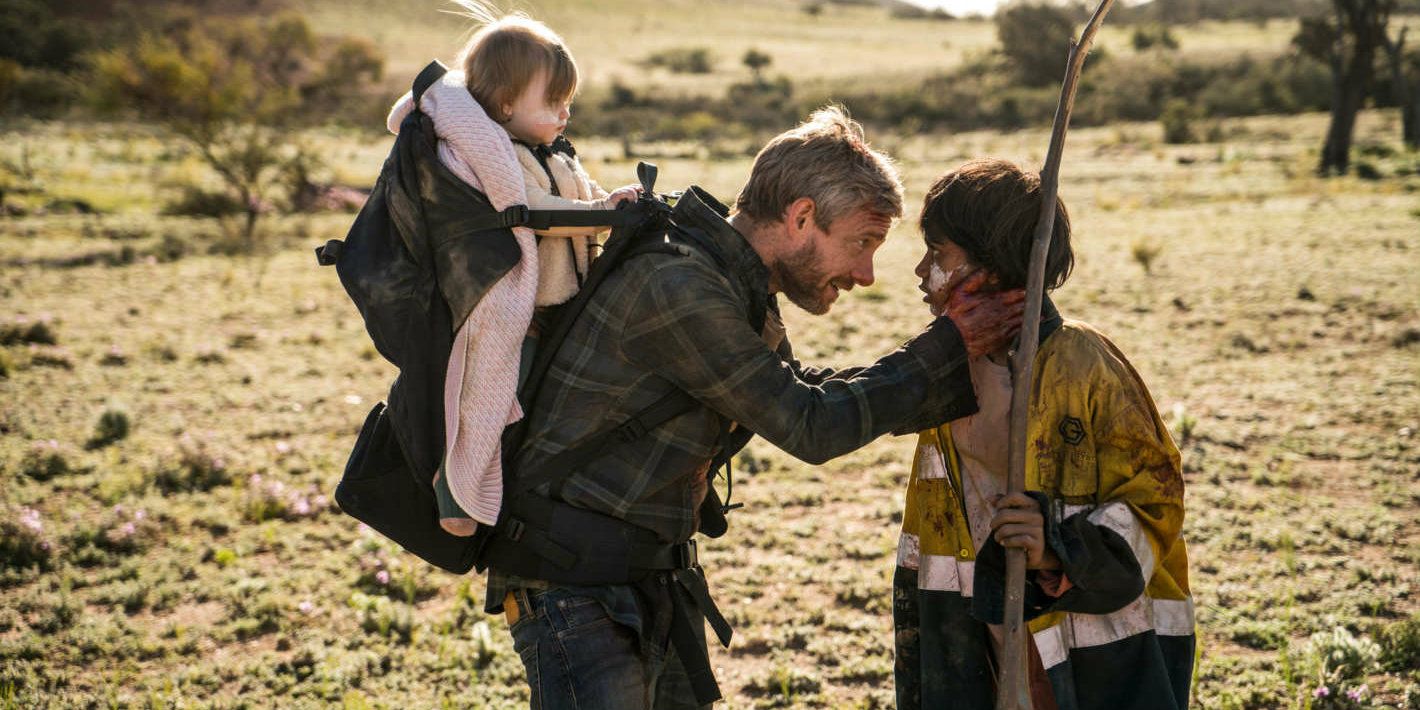
This terrifyingly realistic zombie-esque movie has Martin Freeman in the lead role (being uncharacteristically solemn, to boot). It might not produce the standard jumpscares expected from horror films, but its take on how humans manage to survive such trying times is a universal message.
Set in Australia, Cargo also includes references to native culture in its depiction of how differently Aboriginal people view the state of their world.
9 This Is the End (2013)
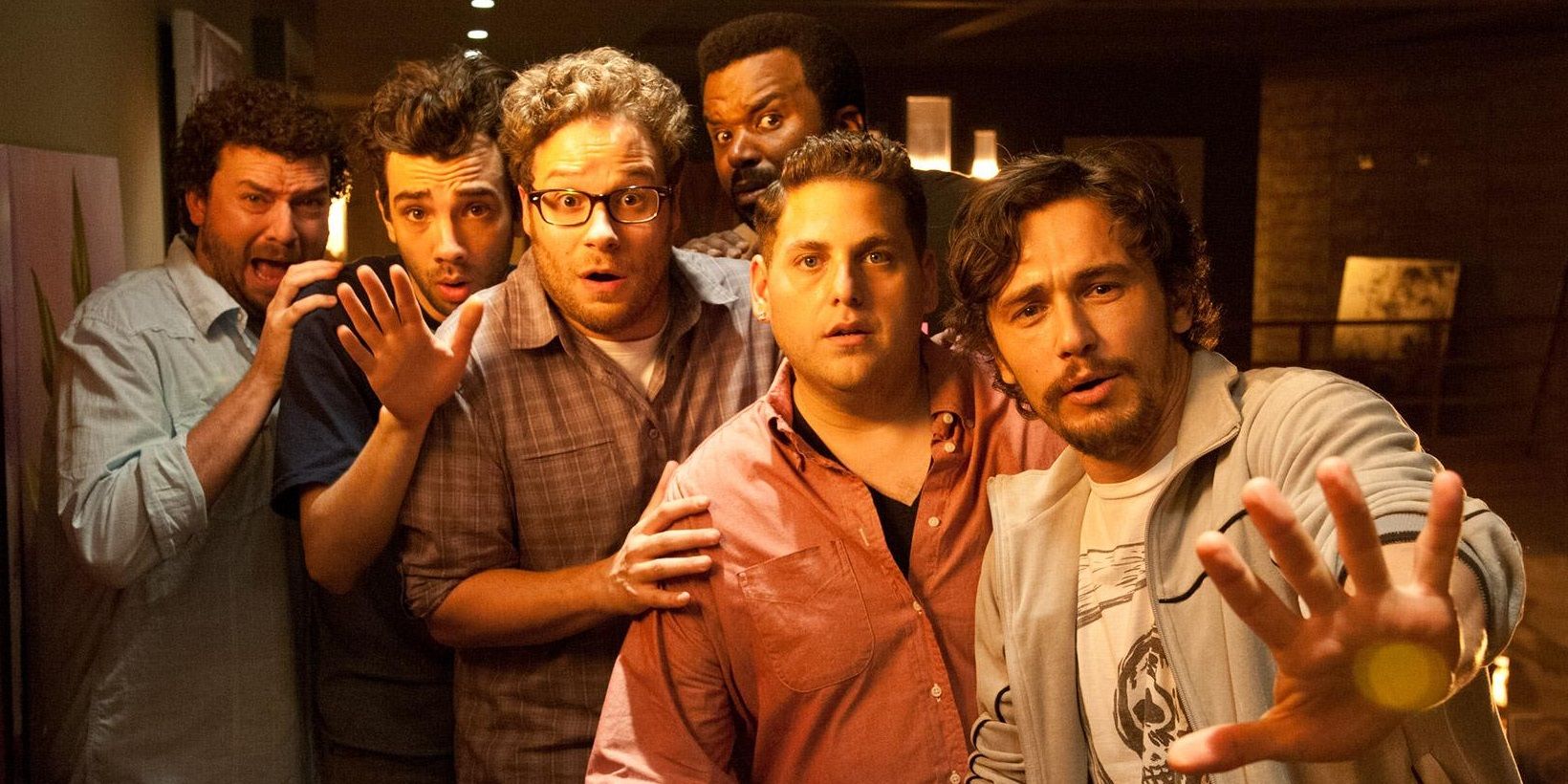
Comedy and post-apocalyptic themes work together with flawless precision, à la Zombieland (2009). Besides, Seth Rogen, James Franco, and Channing Tatum as a gimp make any viewing experiences satisfactory (and the best part is that they play themselves!).
The end times, according to the Book of Revelation, begins during a house party, which includes the predicted assumption into Heaven as well as the conversion of earth into a living hell. In all fairness, This is the End is not exactly unpopular, but it deserves so much more.
8 A Boy and His Dog (1975)
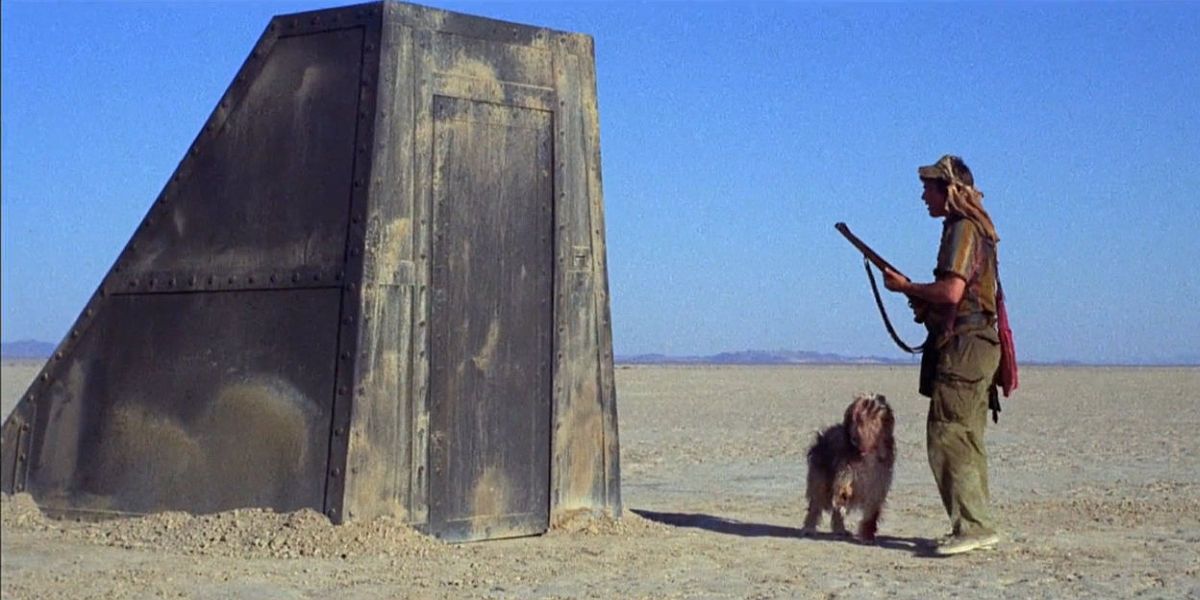
A Boy and His Dog has been adapted from the uncomfortable novella by speculative fiction writer Harlan Ellison. It follows a young boy, only known as Vic, who travels the desert wasteland with Blood, a canine with telepathic abilities.
The movie is not an easy watch, with specific allusions to rape and violence. However, in the end, A Boy and His Dog exposes the darkness that dwells in every human heart, even ones that seem innocent or naive, when they are pushed to the brink of survival.
7 Snowpiercer (2013)
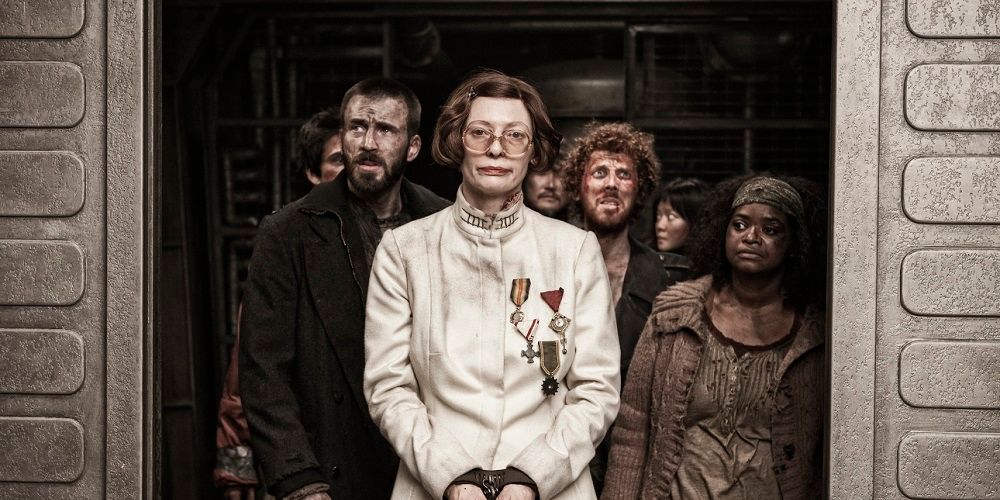
Before his Parasite victory, Bong Joon-ho made Snowpiercer, a mishmash of sci-fi dystopia, environmental destruction, and the rigors of class struggle (which is a common trend with him, to be honest).
Starring the incredible talents of Jamie Bell, Tilda Swinton, Ed Harris, and Chris Evans, the movie offers a breath of fresh air for anyone exhausted by the dull attempts at post-apocalyptic cinema. Of course, Snowpiercer's ending is not at all what one might expect, but no more spoilers.
6 Planet Of The Apes (1968)
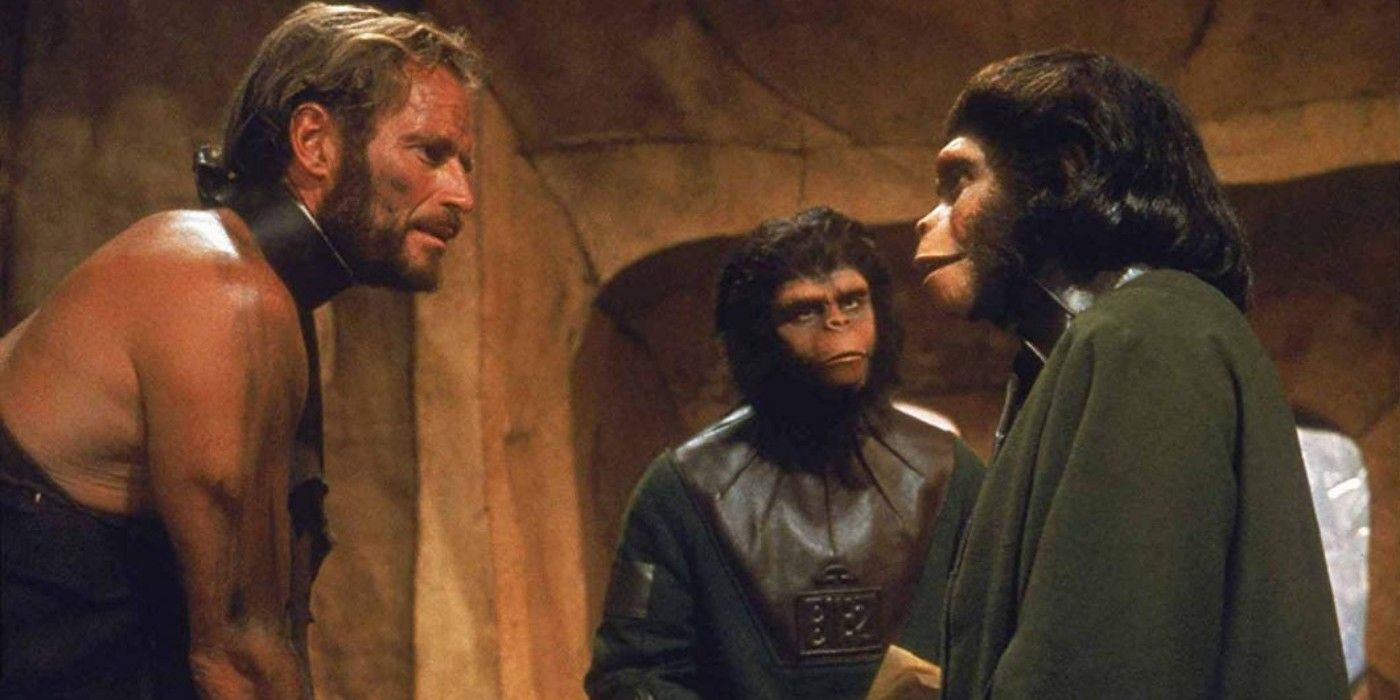
The original Planet of the Apes took inspiration from a 1963 book of the same name, except in French (La Planète des Singes). The story is pretty much the same as described in the various remakes, with a group of astronauts "accidentally" discovering an extrasolar planet controlled by an ape-based society.
Planet of the Apes was received with fanfare when it was released in 1968, and is presently deemed to be one of the finest cinematic achievements of that year. However, given its age, as well as its more recent reboots, it is less known to audiences today.
5 Shaun of the Dead (2004)
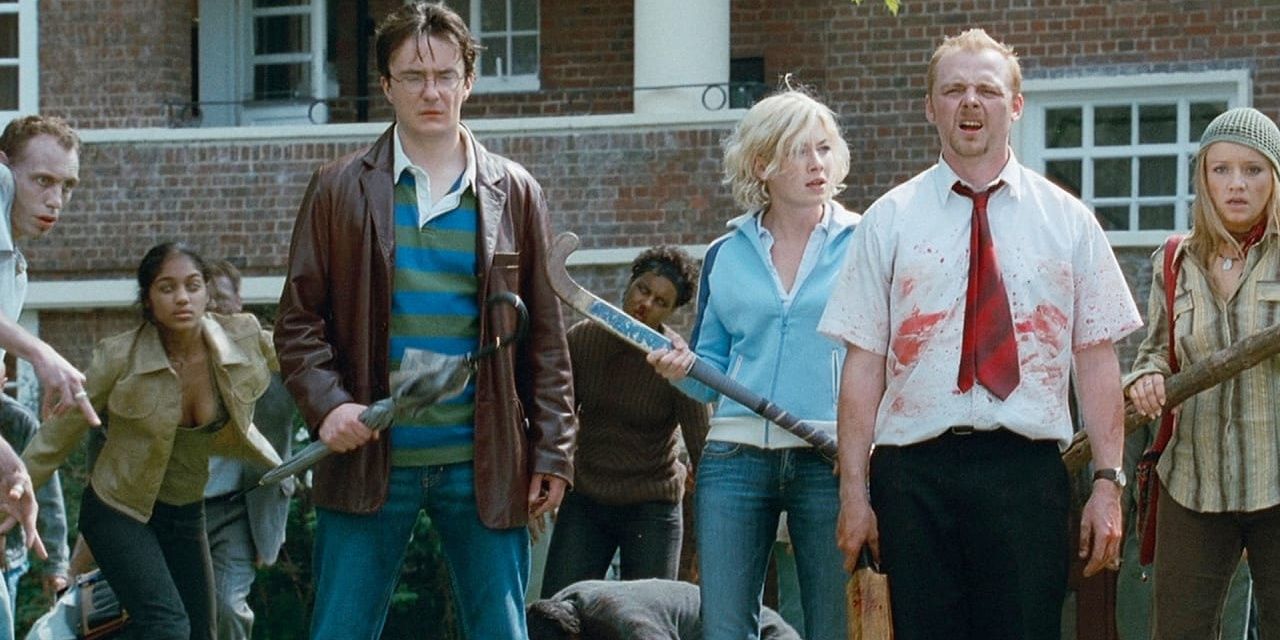
Edgar Wright's version of the zombie apocalypse, itself a play on George Romero's Dawn of the Dead (1978), fits a lot more neatly in the comedy category than it does sci-fi.
Nevertheless, it is a riot — an immature man trying his hardest to prove that he can be a fully functional adult, so his girlfriend doesn't dump him outright. Interestingly, Shaun of the Dead is part of the loosely organized Three Flavors Cornetto trilogy, which includes Hot Fuzz (2007) as well as The World's End (2013).
4 Turbo Kid (2015)
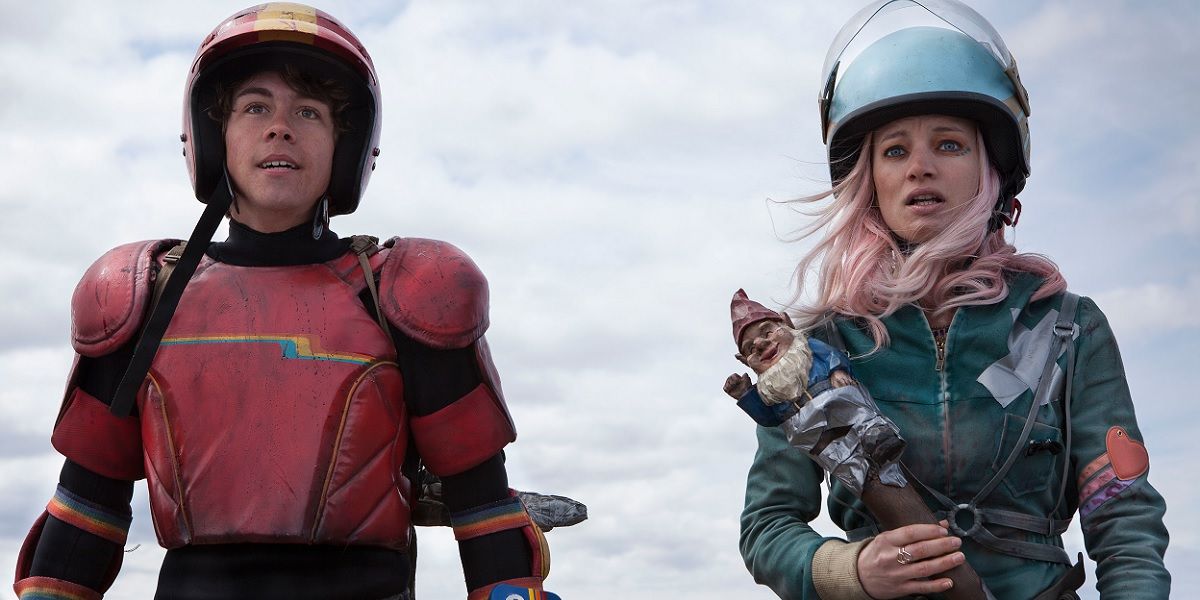
Turbo Kid reworks the end of the world into a different reality, one in which everything has already happened by the year 1997. It describes the story of an adolescent boy (deeply into superhero lore) and the adventures he has with the manic-pixie-dream-girl, Apple.
The script and special effects are equally cartoonish, but the bizarre humor is part of Turbo Kid's undeniable charm. Critics were polarized by the movie, however, alternatively referring to it as "a bad blast to the past" and "a magical can't-miss experience."
3 The Last Man on Earth (1964)
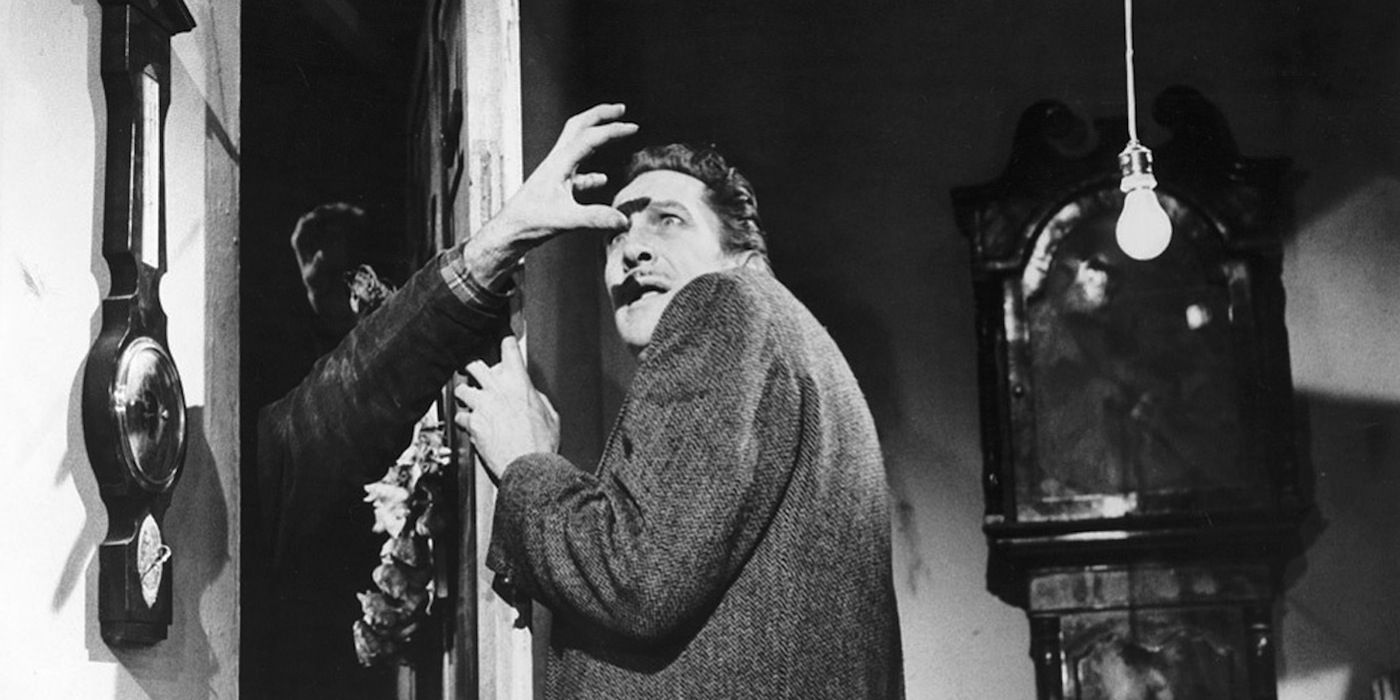
What's fascinating about The Last Man on Earth is that it's an adaptation of I Am Legend (a 1954 novel that later became the 2007 film.) Even though the writer, Richard Matheson, also contributed to the script, he was so displeased that he insisted on using a pseudonym during the credits.
In any case, The Last Man on Earth failed to impress when it first came out, but it gradually began getting some much deserved recognition for the pioneering of the genre. The same story was also made into The Omega Man (1971).
2 The Host (2006)
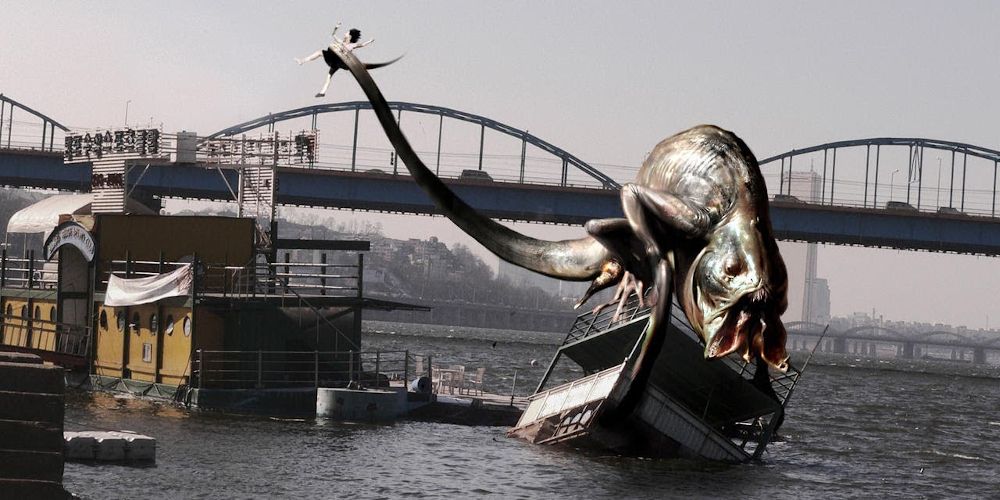
Another Bong Joon-ho masterpiece, The Host (known as Gwoemul in Korean), starts off as a simple monster movie, but quickly transforms into a mind-blowing mixture of multiple genres: family drama, sci-fi, horror, action, fantasy, comedy, adventure are parodied in the most spectacular ways imaginable.
The Host was rather popular when it released in South Korea, although it didn't receive sufficient coverage in North American theaters. While not exactly post-apocalyptic in theme, the fact that human environmental destruction gives rise to river monsters is a clear sign of impending doom.
1 Akira (1988)
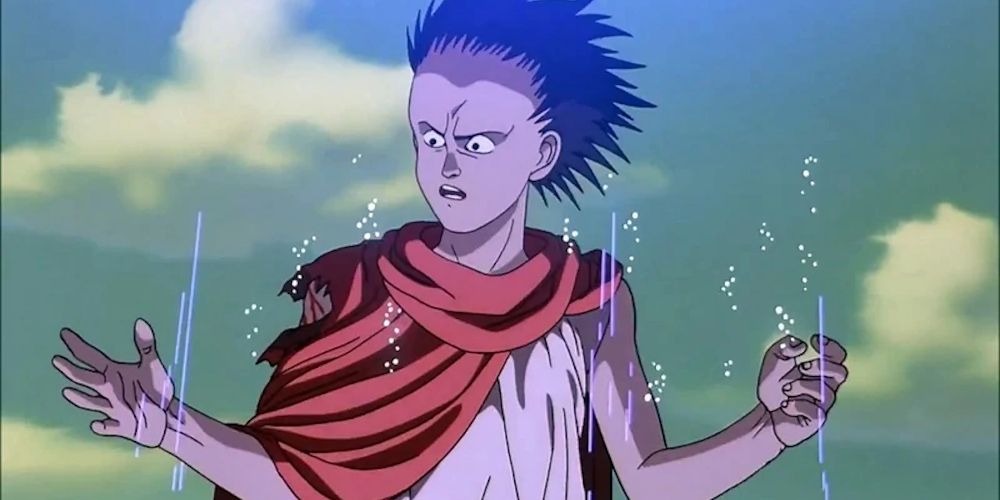
Akira is one of those anime films that require multiple watches to comprehend its central essence — in which a futuristic Japan toys with innocent human beings, forcing them to develop strange and unique abilities (such as telekinesis.)
The title comes from the name of a young boy whose uncontrollable powers razes Tokyo to the ground, and who may or not be alive in the movie's timeline. Unsurprisingly, Akira has been lavished with kudos for its eerily accurate portrayal of the world in a dystopian cyberpunk future. Hopefully the live-action adaptation will do it justice.
from ScreenRant - Feed https://ift.tt/2STGkzC

0 Comments